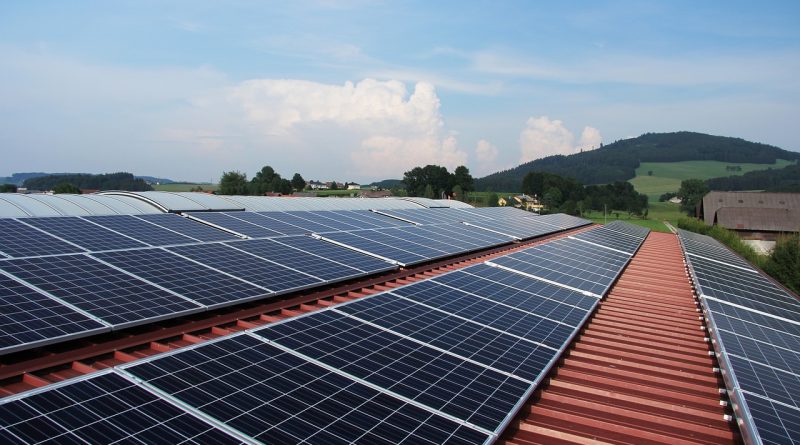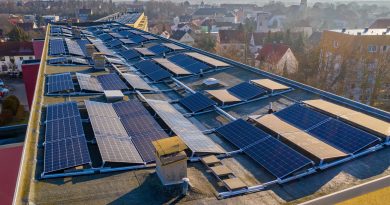Exploring Off-Grid Solar Systems: Battery-Free Operation
Off-grid solar systems have become increasingly popular as a sustainable and eco-friendly alternative to traditional electricity sources. They harness the power of the sun by converting sunlight into electricity through solar panels. However, one question that often arises is whether an off-grid solar system can work without batteries. In this blog, we will explore the possibilities and complexities of operating an off-grid solar system without batteries.
The Role of Batteries in an Off-Grid Solar System
Batteries play a crucial role in off-grid solar systems by storing excess electricity generated during the day for use when the sun is not shining, such as at night or on cloudy days. This stored energy ensures a constant supply of electricity to power essential appliances and devices. However, batteries can significantly increase the overall cost of an off-grid solar system, and their performance and lifespan can be affected by various factors such as temperature and usage patterns.
Batteryless Off-Grid Solar Systems
While batteries are commonly used in off-grid solar systems, it is possible to operate without them. Batteryless off-grid solar systems, also known as direct photovoltaic (PV) systems, directly convert solar energy into AC power for immediate use or feeding it back into the grid. These systems usually require sophisticated inverters and may require a connection to the utility grid to ensure a continuous power supply.
Grid-Tied Batteryless Systems
One option for the batteryless off-grid solar system is a grid-tied setup. In this configuration, the solar panels generate electricity, which is directly used in the home or business. If the system produces excess energy, it can be fed back into the utility grid, often resulting in credits or reduced energy bills. However, during power outages, grid-tied systems are designed to disconnect from the grid for safety reasons, meaning they still depend on a stable grid connection for power.
Stand-Alone Batteryless Systems
Another approach to a batteryless off-grid solar system is a stand-alone setup. This type of system directly powers the appliances and devices in the home or business without relying on a connection to the utility grid. However, without batteries, stand-alone systems can only operate when solar energy is available, meaning they will not provide power during nighttime or cloudy periods. This limitation makes stand-alone batteryless systems more suitable for locations with consistent sunlight year-round.
Advantages and Disadvantages of Batteryless Off-Grid Solar Systems
Batteryless off-grid solar systems have their own set of pros and cons. The main advantage is the significant cost reduction without the expense of batteries, which can be a substantial portion of the system’s price. Batteryless systems also require less maintenance since there are no batteries to monitor and replace. Additionally, these systems are generally more efficient as there are fewer energy losses from charging and discharging batteries.
However, the main drawback of batteryless systems is the lack of power reliability during periods of low or no sunlight. This limitation can be mitigated to some extent through the use of backup generators or supplementary power sources. Another potential challenge is the dependence on a stable utility grid connection for grid-tied systems, making them vulnerable to power outages and requiring maintenance by the utility company.
Conclusion
While batteries are typically an essential component of off-grid solar systems, it is possible to operate without them through batteryless configurations. Grid-tied batteryless systems allow for excess energy to be fed into the grid, while stand-alone systems directly power the home or business. These batteryless options can provide cost savings and reduced maintenance requirements. However, both configurations have limitations, primarily related to power reliability during nighttime or cloudy periods. Understanding these considerations is crucial in determining the feasibility and suitability of a batteryless off-grid solar system for a specific location.
Experience freedom with SolarClue®! Explore off-grid solar without batteries for sustainable power. Embrace a future powered by clean energy.
Frequently Asked Questions
Yes, certain setups allow off-grid solar systems to function without the need for batteries.
Eliminating batteries reduces cost, maintenance, and environmental impact, offering a simpler off-grid solution.
Without batteries, energy is utilized immediately, and excess is not stored for later use.
Yes, with a system designed for real-time energy consumption, it can provide continuous power without batteries.
Advanced inverters and real-time monitoring technology enable efficient energy use without battery storage.
Limited power availability during low sunlight periods is a consideration, as energy is not stored for later use.
Typically, it’s more cost-effective due to the omission of expensive battery storage components.
Yes, many systems are modular, allowing for the addition of batteries in the future.
It’s ideal for real-time energy needs in applications where continuous power is more critical than stored energy.
Maintenance is generally lower as there are no batteries to monitor or replace; regular system checks are sufficient.


